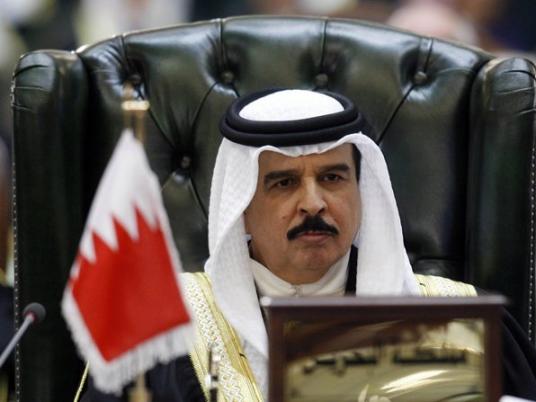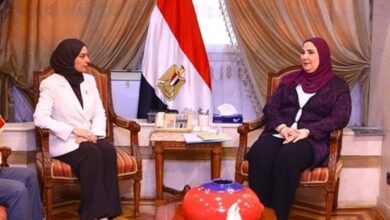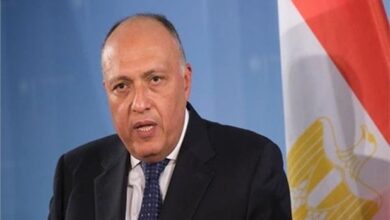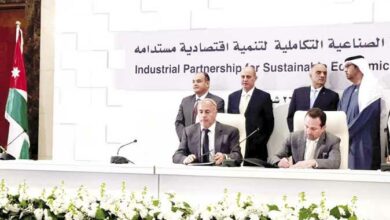
King Hamad ratified amendments to Bahrain's constitution on Thursday aimed at defusing unrest in the strategic Gulf state but the opposition dismissed the extra powers given to parliament as not enough.
"The process of reform that marked the beginning of my tenure in power will not stop," said the Sunni monarch who succeeded to the throne of the Shia majority kingdom in 1999.
"We hope in this important period that all forces and groups will assess their actions and join the process of progress and reforms," he said.
"Doors remain open to dialogue, which is aimed at achieving a national accord," he added, alluding to the Shia-led opposition which spearheaded month-long pro-democracy protests that were crushed with deadly force in March last year.
According to the amendments, the king now has to consult the heads of the elected parliament and the appointed Consultative Council before dissolving the legislature.
The elected chamber alone now has the right to vote to withhold its cooperation from the prime minister and refer its decision to the king, who then has the final choice on whether to dismiss the premier or keep him in post.
But the amendments fall far short of the demands of the opposition, which has been pushing for an elected government and the scrapping of the appointed upper house.
"The king remains the one to appoint and dismiss the government," said Abdul Jalil Khalil, a leading member of the main Shia opposition group Al-Wefaq.
The opposition wants "a single-chamber parliament that is elected, just as the constitution of 1973 stipulated. These amendments do not abolish the consultative council," he added.
The consultative council was introduced in 2002, as part of a new constitution which turned Bahrain from an emirate into a kingdom. It has been dismissed by the opposition as a maneuver by the king to control parliament.
The opposition had opened a dialogue with Crown Prince Salman during the pro-democracy demonstrations that broke out in February last year but the talks broke down as the authorities turned to Bahrain's Gulf neighbors for military assistance to crush the protest movement the following month.
Despite the heavy-handed clampdown, and a massive campaign of arrests and sackings targeting Shia, protesters have returned to the street, overshadowing the kingdom's hosting of the Formula One Grand Prix last month.
Amnesty International says nearly 60 people have been killed since the protests began.



